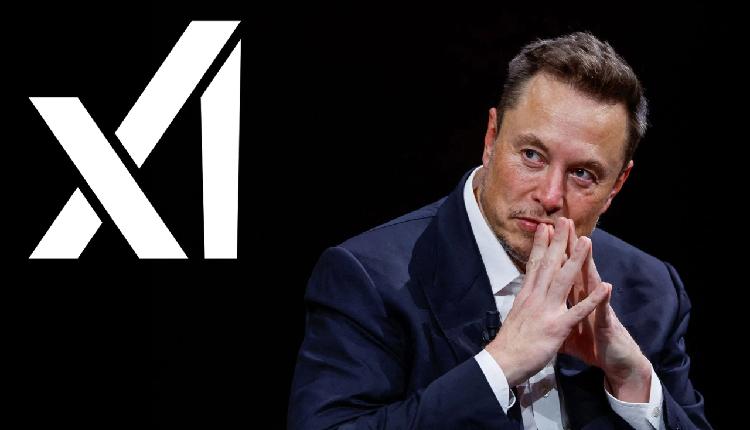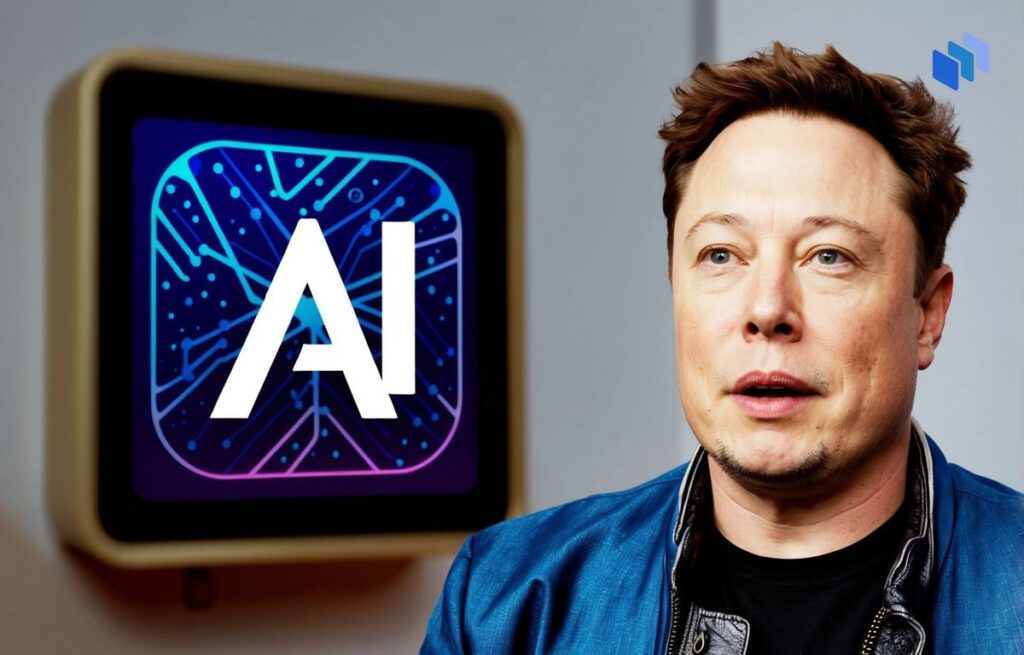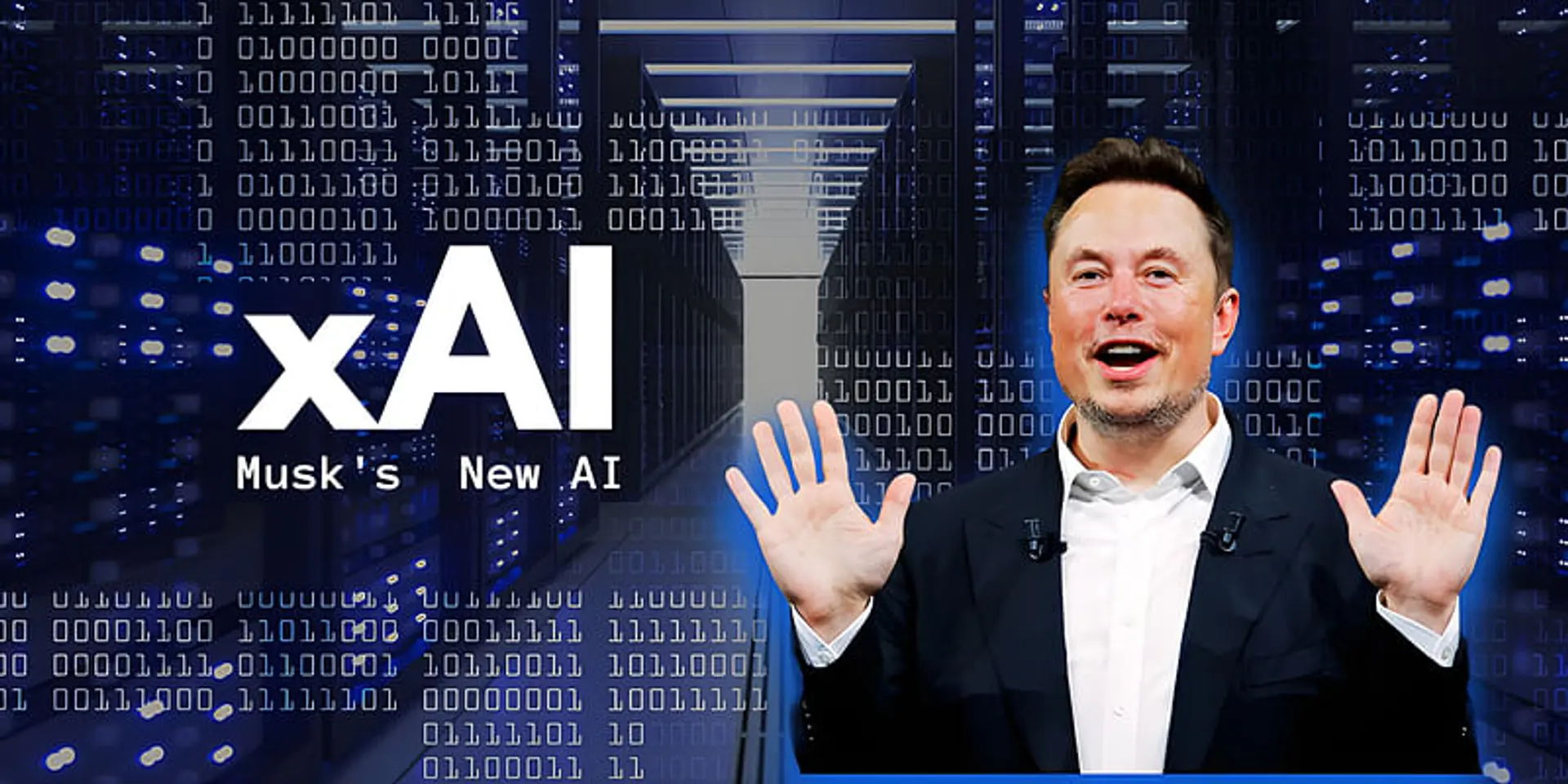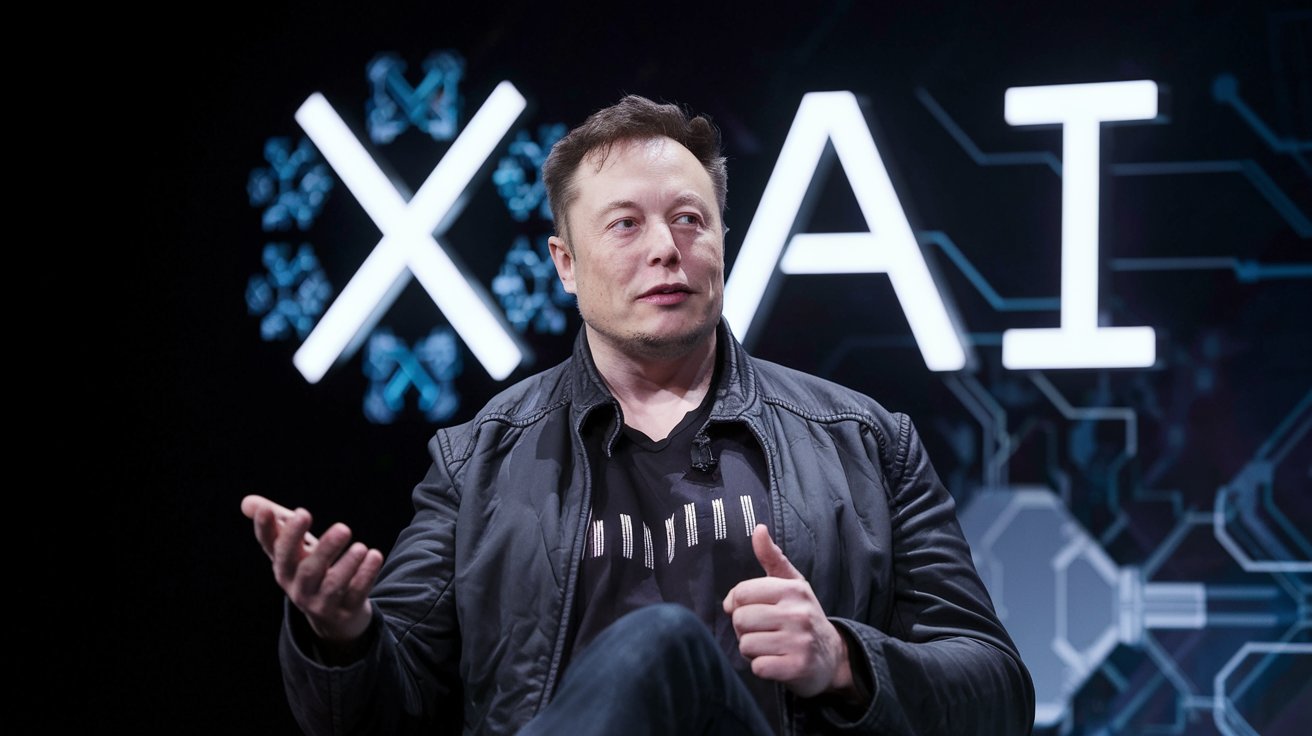An asynchronous operation (created via std::async, std::packaged_task, … · the c++11 standard does not provide a direct way to cancel a task started with std::async. · the class template std::future provides a mechanism to access the result of asynchronous operations: This will no longer work in future releases of the jdk. In the above-mentioned case, while waiting on network i/o, a function can give us a … · i would like to know the difference between completablefuture,future and observable rxjava. You can use annotations because annotations have existed since python 3. 0, you dont need to import anything from future to use them what youre importing if … What i know is all are asynchronous but future. get () blocks the thread completablefuture … · a future statement is a directive to the compiler that a particular module should be compiled using syntax or semantics that will be available in a specified future release of python. This function may block for longer than timeout_duration due to … · if the future is the result of a call to std::async that used lazy evaluation, this function returns immediately without waiting. It is like a placeholder for a value that will be materialized in the future. You will have to implement your own cancellation mechanism, such as passing in an … · the get member function waits (by calling wait ()) until the shared state is ready, then retrieves the value stored in the shared state (if any). Mockito is currently self-attaching to enable the inline-mock-maker. · specifies state of a future as returned by wait_for and wait_until functions of std::future and std::shared_future. A future is like the objects from javascript. · the first part is easy: · i get this warning while testing in spring boot: Right after calling this function, valid () is false.
The Future Of The App Store? Musk'S Xai Is Fighting For Change!
An asynchronous operation (created via std::async, std::packaged_task, … · the c++11 standard does not provide a direct way to cancel a task started with std::async....



















